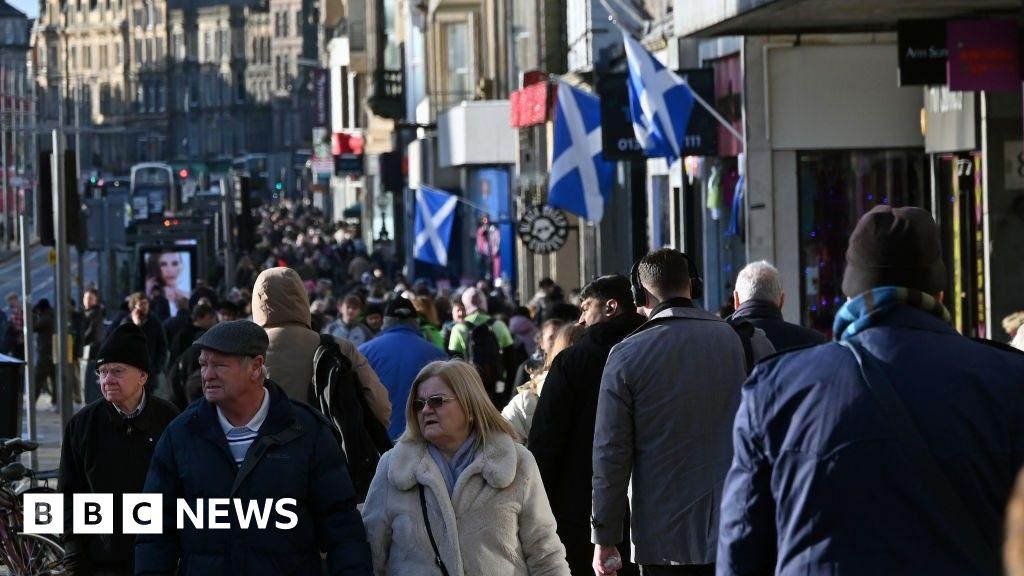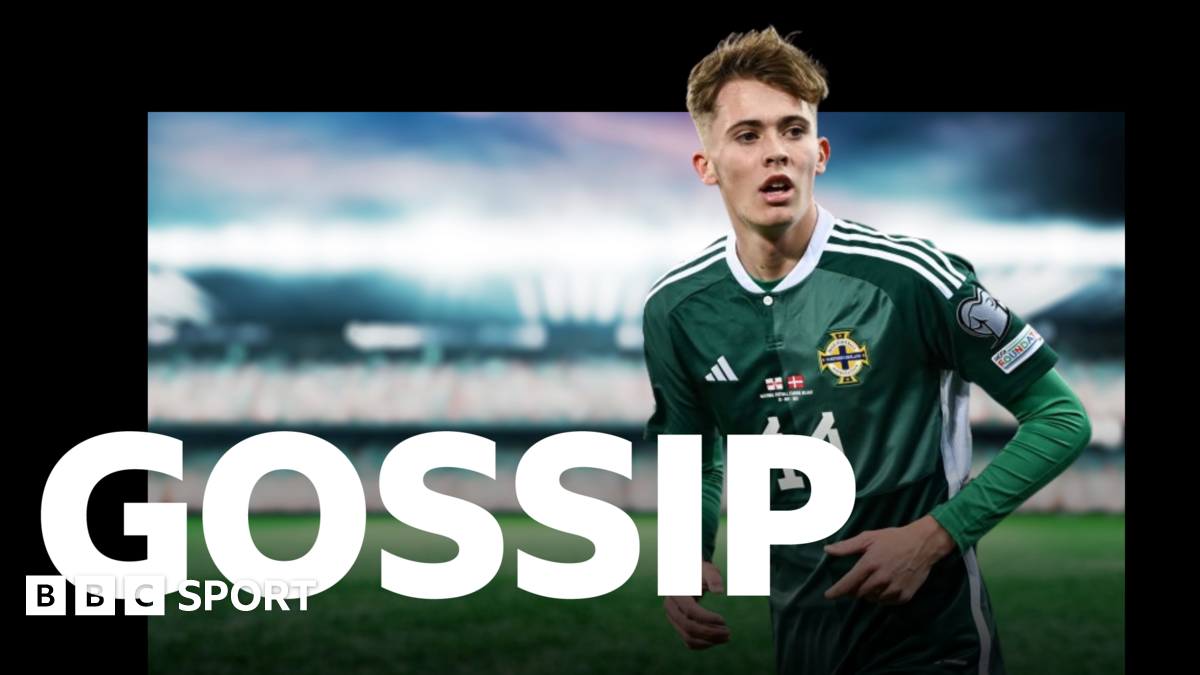Tennis
I don’t have any confidence in the leadership of Tennis Scotland, says Judy Murray

Judy Murray, mum to Scotland’s world famous tennis brothers, Andy and Jamie, elicits as much affection as her two boys. She seems to exemplify what Scots value in our best selves: warmth, respect and a quiet intensity about the way she goes about her business. What you see is what you get.
She’s an elite tennis coach in her own right but she wasn’t hanging tennis rackets above the infant Andy’s cot or trailing after him and Jamie across the globe at the height of their careers. She was the antithesis of parental sporting psychosis.
Read more Kevin McKenna
I’m tempted to ask about her 2014 appearance on Strictly, but I sense she means business today and that the folderols can wait for another time. She has some serious opinions about some serious matters she wants to address.
She no longer needs to do any of this, she tells me. She’s about to add “… now that Andy’s retired”. But she corrects herself, because, well … Andy’s just gone and become Novak Djokovic’s new coach. “What’s he like,” she says with mock exasperation. “I’ve got to support Novak now. That’ll be a first. I mean that in the nicest way, of course.”
I tell her I didn’t think her boy and Mr Djokovic had seemed like buddies off the court. “Well, they’re different characters,” she says. “The first time I saw Novak was when they were playing in an under-12 competition in France. So, they’re part of each other’s furniture and they know each other really well on and off the court.”
Earlier this year, she was forced to admit defeat in her plans to build a tennis centre near the Murray family home in Dunblane. The £20m project under the auspices of her charity, The Murray Player Foundation had to be scrapped by its board due to some planning issues and rising costs. It had consumed 12 years of her life and left her “exhausted and deflated”. She’s also angry that Tennis Scotland and other stakeholders in the project began to vanish after encouraging her to go big with it.
She chooses her words carefully here. “I was encouraged to give it scale by Sport Scotland and the Lawn Tennis Association to become a centre of national significance. I would have to say I didn’t need that. I just wanted somewhere to work to develop other coaches and players.
“And I wanted it to be about community; to be open to everybody. Everything just took so long and got bigger and so the costs went up; we hit Covid and Brexit and had challenges with planning delays. I wondered how it can be so difficult to build something that is inherently good. We had set it up as a charity, so there was no commercial value to us in it whatsoever.

She’s keen to dismiss the narrative about local Nimbys using their influence to stop it. “I must stress it absolutely was not that. I got to the stage where I thought ‘I’ve done 12 years on this already; I’ve spent a fortune; I’m absolutely knackered and I’m not getting the support from those who are responsible for delivering both tennis and sport in Scotland.
“There was just apathy and a lack of cooperation and far too many obstacles put in our way. Almost like they were kicking the can down the road trying to make it as hard as possible for us. I’d spent most of my adult life from when I was a volunteer at our local club trying to grow tennis in Scotland. It will always be a huge source of disappointment to me that this didn’t happen. But really, to build something like that should be down to the Scottish Government and the governing body of the sport.
“The facilities on their own won’t get the job done. You really need coaches who have the vision, the ambition, the passion, the commitment to develop players to a good level. There needs to be a good coaching education programme and a workforce-building programme: that was a big part of what I was trying do.”
She remains committed to pursuing her lifelong mission to use tennis and sport as a means of reaching disadvantaged communities and minorities, it’s just that this won’t be happening in Scotland any time soon.
“I don’t have any confidence in the leadership of Tennis Scotland and that’s a major reason for me not to get involved in anything else here.
“Even when it was the 10-year anniversary of Andy winning Wimbledon, they didn’t do anything, nor when he retired. But it’s never been about celebrating his achievements it was about using them to increase the profile of tennis in Scotland and the UK and reach communities that had previously been excluded. But what are they actually doing? They’ve now got around 20 full-time staff, but when they had a golden opportunity they dropped the ball spectacularly.

She talks about her four years doing ‘Tennis on the Road’ which was an unprecedented attempt to take the sport into rural and remote communities in the Highlands and Islands and disadvantaged neighbourhoods in Easterhouse, Drumchapel, the east end of Glasgow and Maryhill.
“During this time, we managed to get the derelict public courts in Maryhill resurrected and built a workforce there. I’m a big believer in the power of sport to imbue you with life skills that come from being part of sport as well as the obvious physical and mental benefits.
“We have a problem with obesity and inactivity which obviously has an adverse knock-on effect on the NHS further down the line. I wanted to use the success of Jamie and Andy and the profile which it brought to tennis in Scotland for many years afterwards. That’s why I decided to get involved with Tennis on the Road.
“Even in those places where no courts or facilities existed I wanted to build a workforce to teach people how to get others started in their local communities in whatever space was available to them. It didn’t have to be a tennis court. It could be a school gym or a playground. Or a running track with two cones and a bit of barrier tape or two chairs and a piece of rope to serve as a net.”

Within a few years, Tennis on the Road would morph into her charitable foundation. She had embarked on a punishing schedule of 80 days a year around Scotland with another coach and van full of equipment. She used her own family’s experience to encourage others, particularly targeting teachers and parents. “If you start to enjoy sport as a family it has a better chance of success and sticking,” she says. “Our family is an example of that.”
She’d hoped to have the tennis centre established before Andy and Jamie had retired, so that they could both spend time there giving something back to tennis in Scotland.
“It was an opportunity for all of us to share the knowledge and experience we have all gained from our 30 odd years in tennis from our local club to Grand Slam player boxes.”
You’re left with the bleak sense that Scotland has missed a golden opportunity. “I’ve done my bit,” says Judy Murray. “It’s now up to a younger generation to step up.”
A spokesperson for Tennis Scotland said: “We fully agree with the need to make the most of Andy and Jamie’s incredible achievements, which is why we have succeeded in growing participation and club membership to record levels, brought more competitions than ever to Scotland, and opened lots of new facilities.
“As these statistics prove, Scottish tennis is enjoying a period of unprecedented growth – alongside our partners, we have opened two new indoor centres this year with a third on the way, as well as revamped 160 courts in public parks. The team at Tennis Scotland will continue working tirelessly to grow our sport.”
Tomorrow: part two of the Judy Murray interview: Why I’m teaching young women in Saudi Arabia to make their voices heard and why people born male should only compete in male categories.










